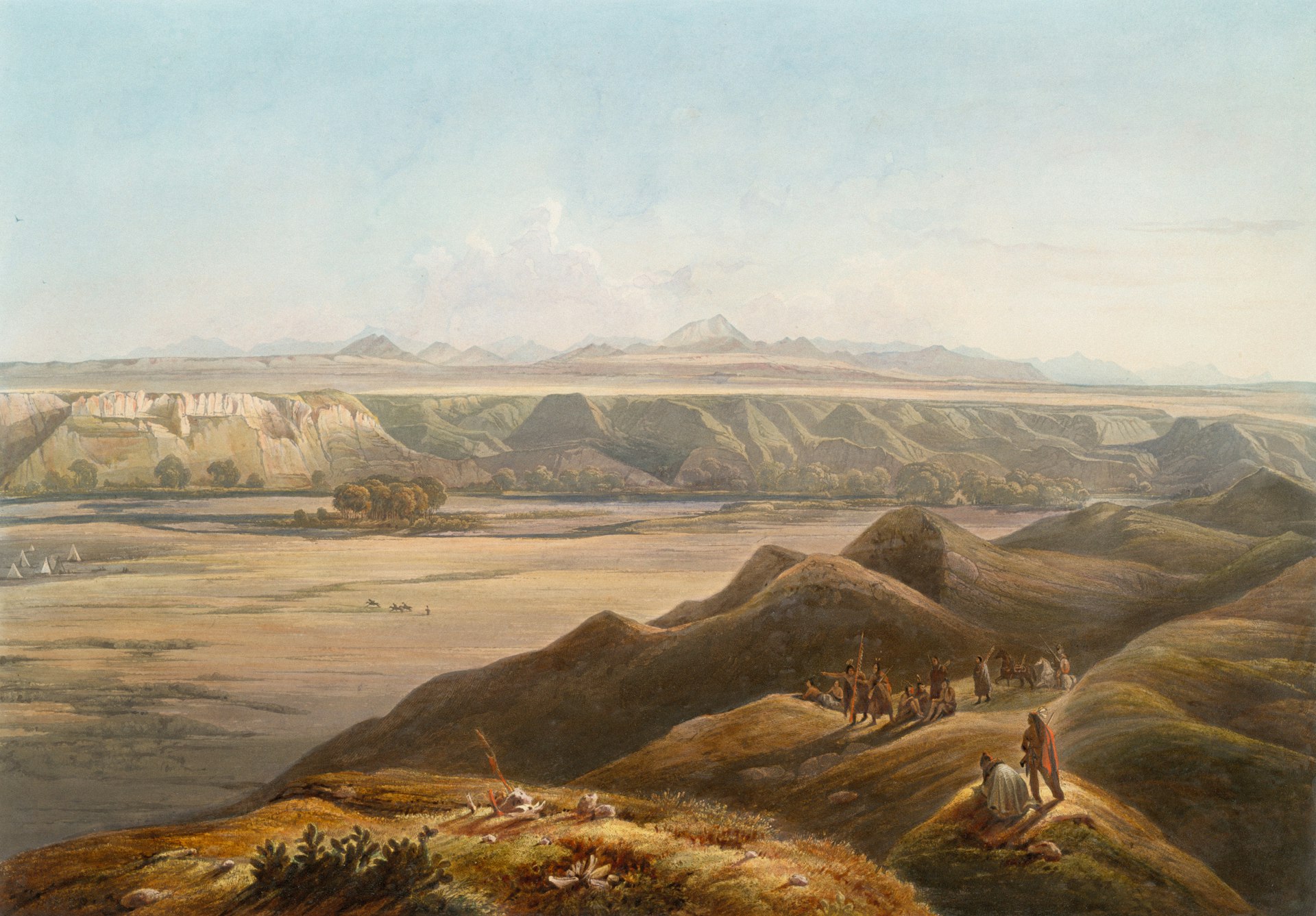Unlocking the Past: How Digital Archives Transform Historical Research

Photo by Erwan Hesry on Unsplash
Introduction: The Digital Revolution in Historical Research
The emergence of digital archives has profoundly transformed the landscape of historical research. Since the mid-1990s, historians have increasingly relied on digital technologies to access and analyze primary sources, allowing unprecedented reach into the past from virtually anywhere in the world. This article explores the multi-dimensional impact of digital archives on history research, outlining actionable guidance, challenges, and practical solutions for historians and information professionals.
Expanding Access to Primary Sources
One of the most significant benefits of digital archives is the vast expansion of access to historical materials. Manuscripts, letters, photographs, periodicals, books, artifacts, diaries, travel accounts, and newspapers are now available online, removing geographical and logistical barriers that once hindered research. Instead of traveling to distant archives and libraries, researchers can access collections from their own computers, saving time and resources [1] .
For example, the Royal Historical Society highlights how digitization efforts since the early 2000s have led to the creation of extensive online repositories, allowing historians to find rare and brittle materials that would otherwise be inaccessible [3] . This democratization of access is especially valuable for independent researchers, students, and scholars who may lack institutional support for travel.
Practical Steps:
- Identify major digital archives relevant to your research area by searching for keywords such as “digital historical collections” or “online primary sources” alongside your topic.
- Consult leading repositories, such as national libraries, university collections, and specialized historical societies. Begin with official websites and explore their digitized holdings.
- Use advanced search filters and tools provided by these platforms to narrow down relevant materials.
Streamlining Research Workflows
Digital archives streamline the research process, enabling historians to search, filter, and organize large datasets quickly. Computational tools, including full-text search, metadata tagging, and digital notebooks, allow for efficient management and analysis of sources [1] .
A study published in the American Historical Review found that the frequency and extent of digital archive use among historians have increased dramatically. Researchers are leveraging digital collections for citation, comparative analysis, and synthesis of historical narratives [2] .
Implementation Guidance:
- Familiarize yourself with digital tools offered by archives. Many provide tutorials, user guides, and webinars.
- Organize your research with digital note-taking apps, citation software, and cloud storage to keep track of sources and data.
- Collaborate with other researchers through shared digital platforms and project management tools to enhance productivity.
Challenges of Digitization: Selection, Context, and Authenticity
Despite the many benefits, digitization introduces new challenges. The process of selecting materials for digitization is often influenced by commercial, financial, and political factors, potentially leading to gaps in available sources [1] . Researchers may be unaware of important non-digitized materials that could be vital to their work.
Another major concern is the loss of context . Digitized fragments can strip sources of surrounding information necessary for proper interpretation. Poor transcriptions, inadequate metadata, and software errors can further compromise data integrity.

Photo by david Griffiths on Unsplash
Authenticity and longevity are also critical issues. Rapid changes in technology and potential hardware/software obsolescence threaten the survival and reliability of digital archives. It is essential to verify the provenance and completeness of digitized sources before relying on them for scholarly work.
Step-by-Step Solutions:
- Always cross-reference digital materials with their original physical context when possible. Seek out finding aids, catalog records, and curator notes to fill in missing details.
- Critically assess the selection criteria of digitization projects-read project documentation, funding reports, and curator statements.
- Back up your downloaded sources and maintain records of their provenance.
- Monitor updates from major archives for changes in access policies or digital preservation initiatives.
Addressing Inequities and Access Limitations
While digital archives have increased access for many, disparities remain. Not all regions, institutions, or researchers have equal access to digital resources due to technological, financial, or policy barriers. Some archives restrict access to registered users or charge fees for premium content [1] .
To address these inequities, many national libraries, public institutions, and academic consortia are working to expand free and open access initiatives. Researchers should proactively seek out open-access repositories and advocate for broader digitization efforts in their fields.
Guidance for Accessing Resources:
- Search for open-access digital archives by using phrases like “free digital historical resources” or “public domain archives.” Examples include the Library of Congress, Europeana, and Digital Public Library of America.
- If access is limited, contact the archive directly to inquire about alternative pathways, such as institutional partnerships, interlibrary loan, or remote research services.
- Collaborate with academic and professional networks to share resources and information about access opportunities.
Best Practices and Future Directions
Maximizing the benefits of digital archives requires ongoing skill development and critical engagement. Historians should continually update their digital literacy, participate in training offered by archives, and stay informed about technological advances and preservation standards.
Recent studies recommend that digital projects prioritize user experience, comprehensive metadata, and long-term preservation strategies to ensure archives remain useful and trustworthy [2] . The field continues to evolve, and historians must be adaptable to changes in digital infrastructure, access policies, and research methodologies.
Actionable Steps:
- Sign up for newsletters and updates from leading digital archives to stay aware of new collections and features.
- Participate in online forums, webinars, and professional associations focused on digital history and archival science.
- Advocate for improved digital preservation standards and open-access policies within your institution or professional community.
Summary: Key Takeaways and Next Steps
Digital archives have fundamentally changed historical research by increasing access, efficiency, and collaboration. However, researchers must remain vigilant to challenges of context, selection bias, and technological obsolescence. By following best practices, seeking out open-access opportunities, and critically assessing digital sources, historians can maximize the value of digital archives while safeguarding the integrity of their work.
If you are seeking to expand your historical research using digital archives:
- Begin with official library and archive websites for your area of interest.
- Use advanced search terms and consult curator or archivist guidance for deeper context.
- Join professional networks to share knowledge and advocate for better digital resources.
- Stay informed about new digital projects and preservation efforts by subscribing to updates from authoritative sources.
References
- [1] Chouchene, A. (2019). Historical Research in the Digital Age: Opportunities and Challenges. International Journal of Humanities and Cultural Studies.
- [2] Sinn, D. (2012). Impact of digital archival collections on historical research. Journal of the Association for Information Science and Technology.
- [3] McNally, A. (2023). Why archivists digitise, and why it matters. Royal Historical Society Blog.



